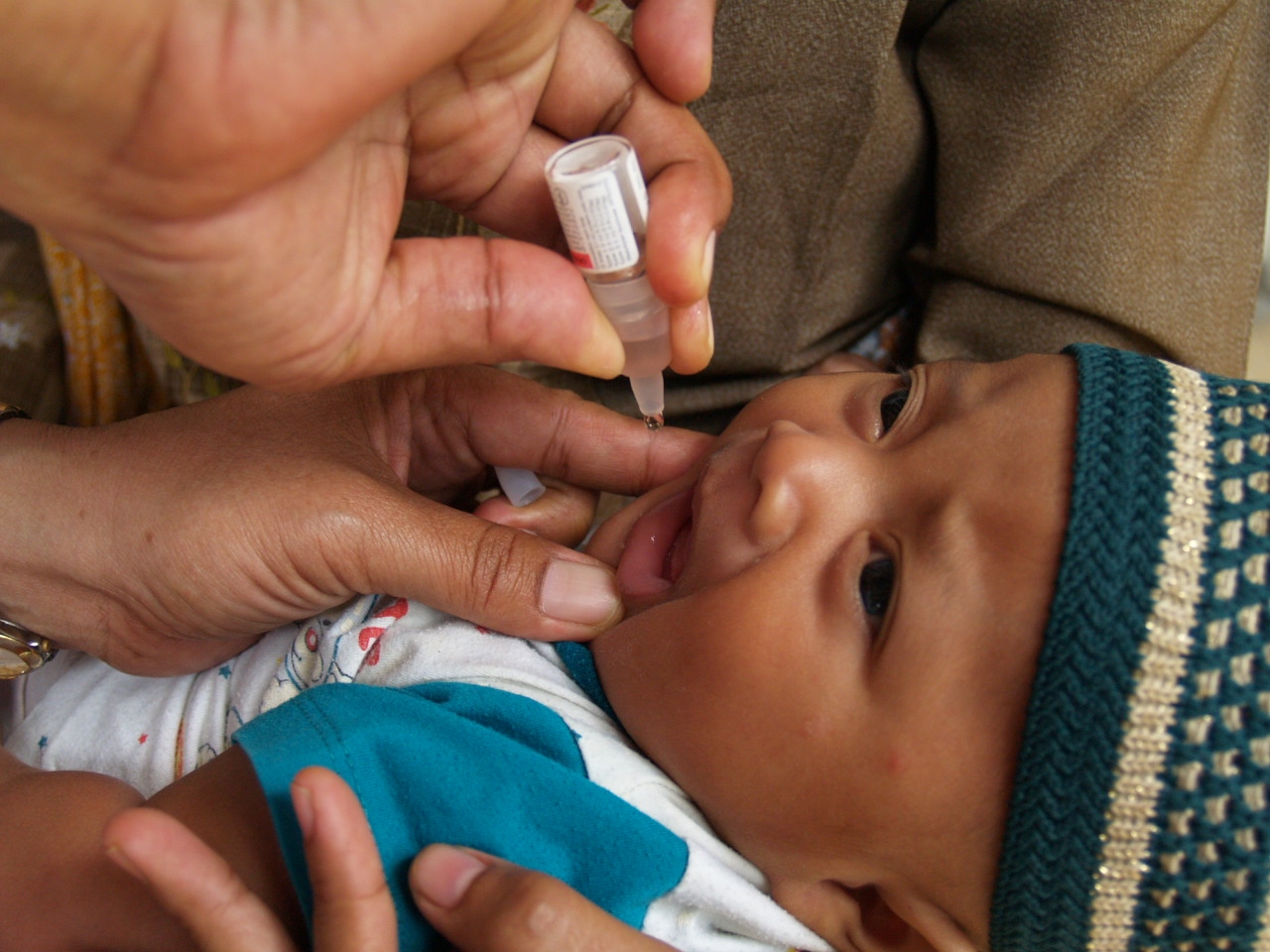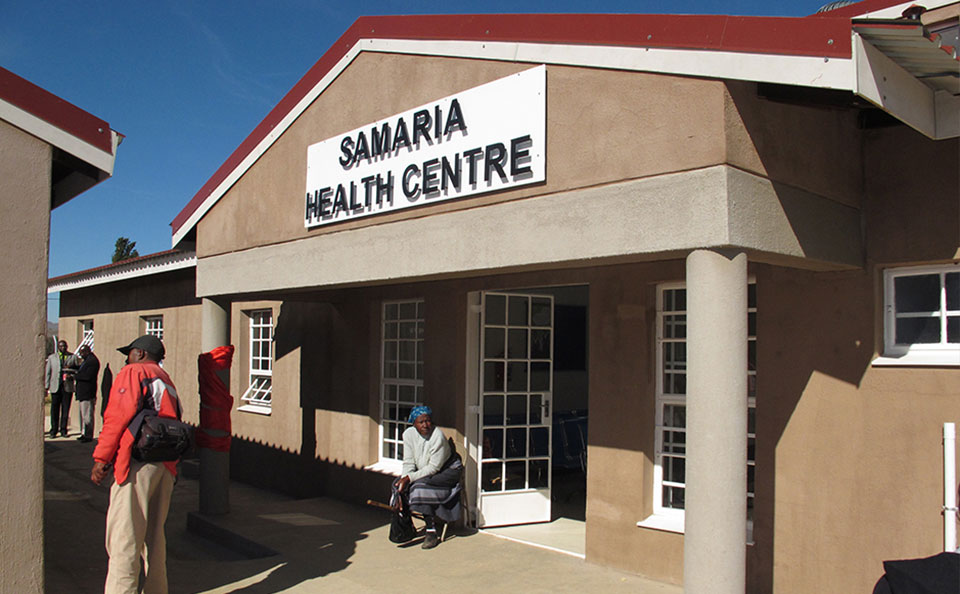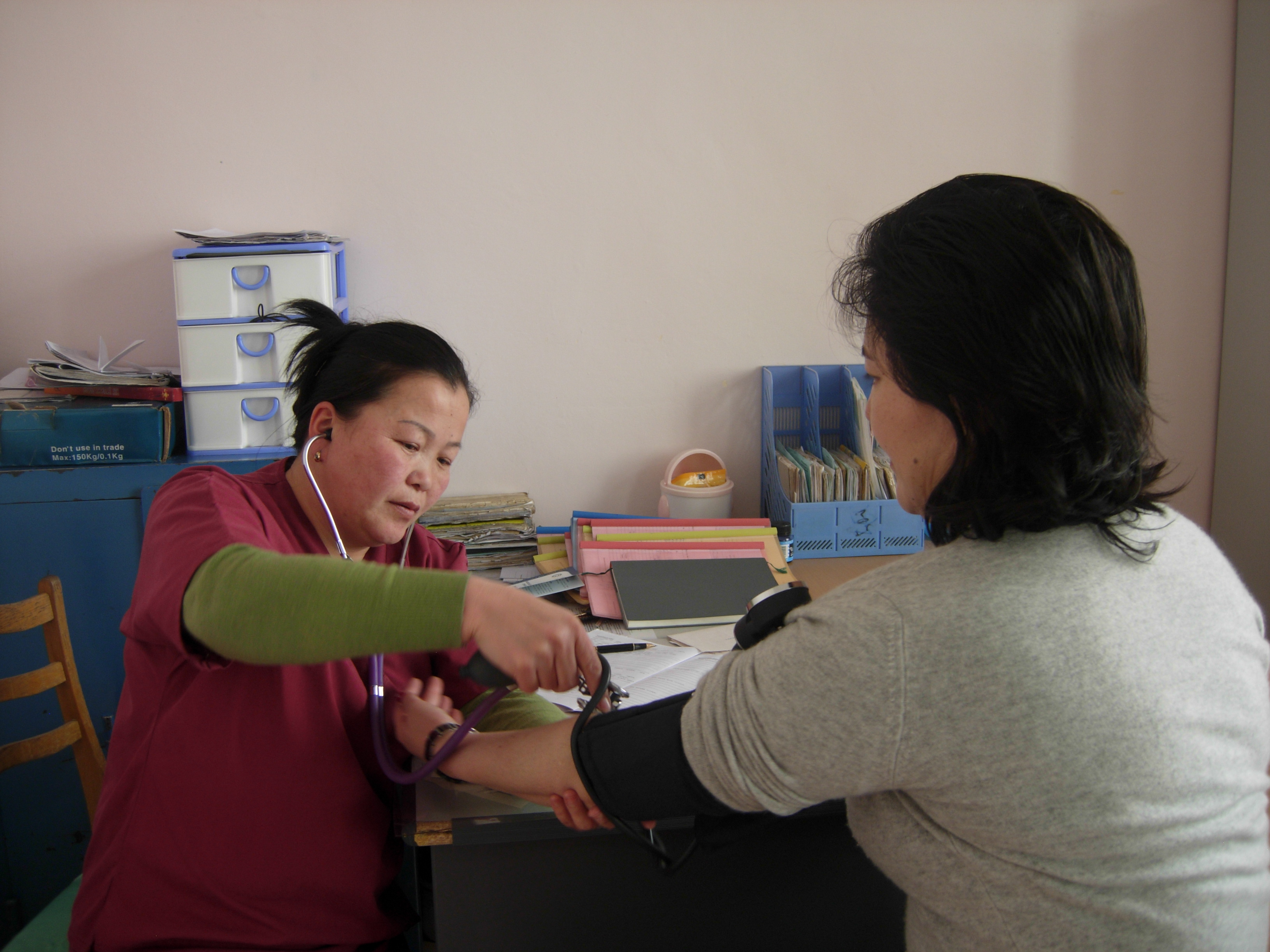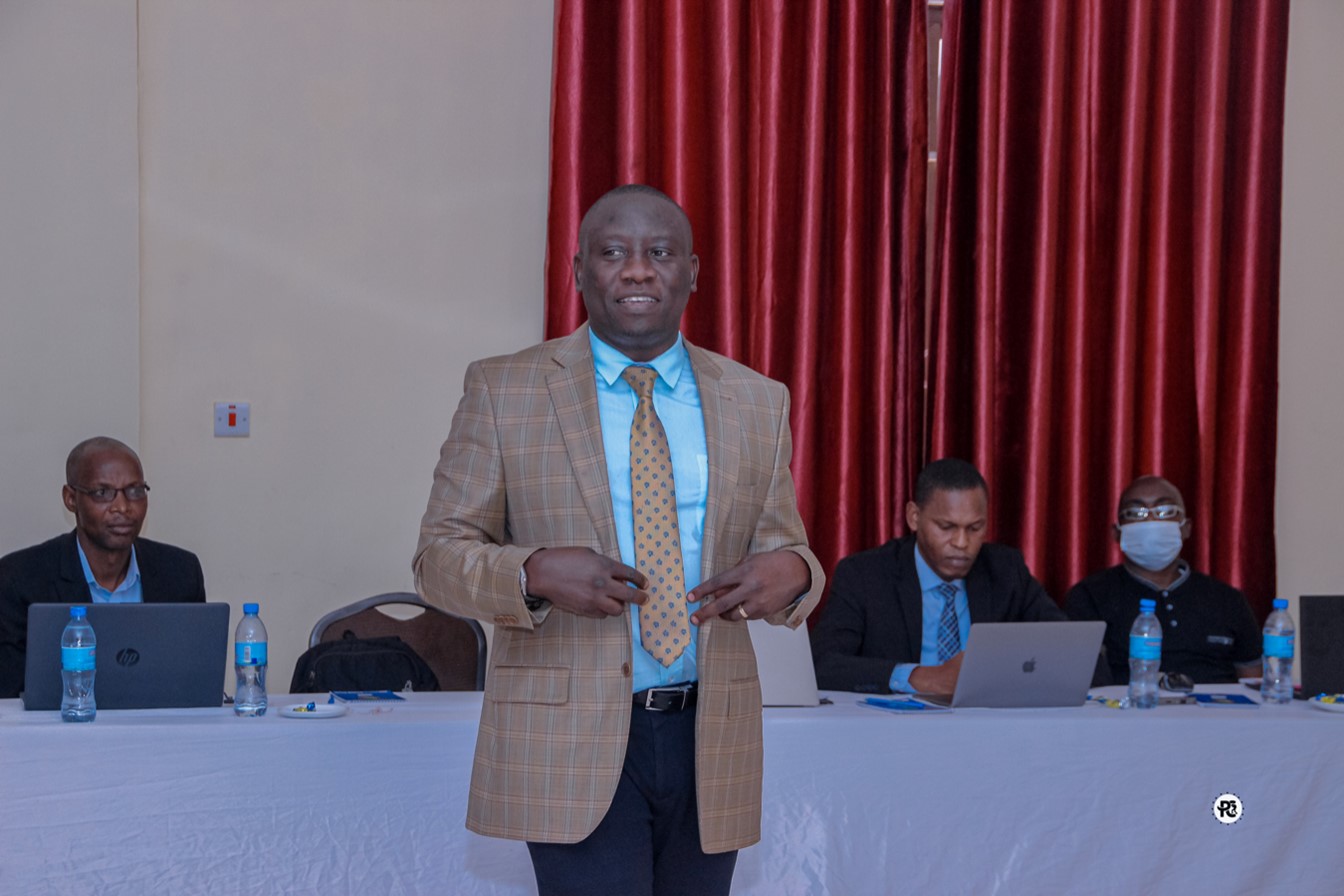‘Invest in health, build a safer future’
A healthy population is critical to economic growth and poverty reduction. MCC investments strengthen the ability of institutions, policies, and households to provide health practices and services that improve and prolong lives and result in a more productive workforce. In other areas, such as road infrastructure, MCC works to ensure that health and safety considerations are identified early in the project cycle all of MCC investments and integrated into the project design and implementation process.Making Health-Wise Investments
-
The Nutrition Investment Toolkit supports a nutrition-smart approach to compact development and project design that considers the impact that investments in any sector may have on nutrition status.
In addition, the MCC Environmental Guidelines establish a process to ensure identification and mitigation of the potential health and safety impacts of MCC investments. On roads projects, for example, MCC utilizes a multidisciplinary approach to identify roads safety concerns early in the project development cycle and to integrate appropriate mitigation measures into road design and construction. Irrigation development and other water infrastructure activities, such as rehabilitation of water drainage systems, include review and mitigation of health impacts, including malaria and other water-related diseases.
Along with mitigating health risks, MCC investments in different sectors often include efforts to address health issues. Community-driven development activities, such as those funded in Burkina Faso, Ghana, El Salvador, and the Philippines, have included development of local health and education services. Roads and other infrastructure activities often result in improved access to health services and hospitals for poor people.
Examples of MCC's Health Projects
Maternal and Child Health and Nutrition (MCHN)

MCC
Indonesia’s MCC threshold program was designed to help build a sustainable childhood immunization system by measuring vaccination coverage and ensuring the availability of quality vaccine supplies.
Preceding the Indonesia Compact, MCC threshold program with Indonesia included a $20 million project to support the Government of Indonesia in reaching immunization targets. The project ensured the availability of quality vaccine supplies and provided training for health-care providers on epidemiology, immunization and surveillance, mid-level management, financial sustainability, integrated health planning, and budgeting.
HIV/AIDS Prevention and Treatment

MCC
A new community health clinic in Samaria, Lesotho, is one of 138 health centers rehabilitated or built under MCC’s compact with Lesotho.
An MCC threshold program with Kenya included $5.9 million in activities to strengthen transparency and accountability in the health sector to reduce corruption in the provision of essential services—largely targeted at maternal and child health activities. MCC funding aimed to strengthen procurement capacity and accountability, improve supply chain management of public health resources, and establish capacity within the Ministry of Health to monitor procurements and assess compliance.
Non-communicable Disease and Injury (NCDI)

MCA-Mongolia
One project of the first Mongolia Compact sought to address the high and growing incidence of non-communicable diseases and injuries by increasing the national and local response to NCDI's and increasing the availability of health services.
Water and Sanitation
.jpg)
Jake Lyell for MCC
Thousands of people in Mecupes, a rural district of Nampula province, Mozambique are now benefiting from access to fresh water thanks to hand-powered water pumps funded through MCC’s Compact.
Many of the economic benefits from water and sanitation activities accrue from reduced illness and improved health, particularly for the poor. MCC’s first compact in El Salvador invested nearly $16.6 million to provide access to potable water systems and sanitation services to benefit 90,000 people in the poorest region of the country. MCC also included water and sanitation projects in compacts with Lesotho, Mozambique, Ghana, Jordan, Zambia, Liberia and Sierra Leone.
.jpg)
Jake Lyell for MCC
Workers install rainwater drainage equipment in Nampula as part of the Mozambique Compact. Improper drainage can lead to marshy soil, stagnant water and the spread of disease.
In Sierra Leone, the Water Sector Reform Project improves access to reliable and safe water and sanitation (WASH) services through water sector reform, improved utility management and efficiency, and improved WASH practices at the household level. Increased productivity related to lower direct and indirect health costs for firms and households is targeted to increase economic growth.


